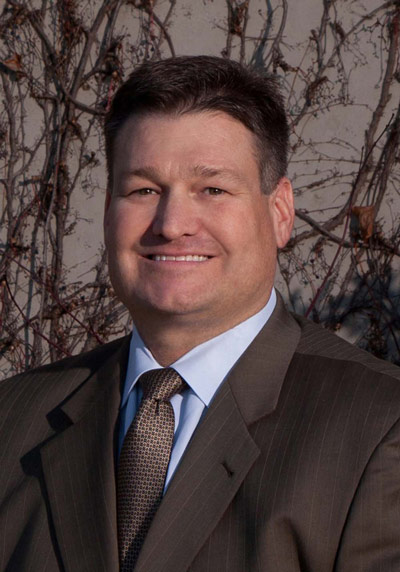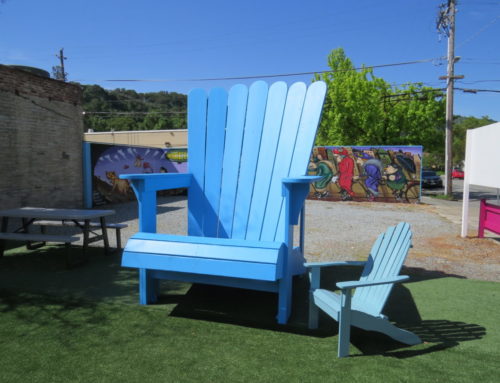Six months of cash reserves can help meet urgent needs
Published in the June 26 issue of Morgan Hill Life
By Dan Newquist

Dan Newquist
No one ever wants to think about unexpected job loss, serious illness, death of a spouse, or how it might impact you financially. Yet, an unexpected occurrence will happen at one point or another in most of our lives
In times of crisis, you don’t want to be fishing for coins at the bottom of a wishing well. Having a secure financial safety net of cash reserves in place for those “rainy day” emergencies can help you and your family meet those urgent or unexpected cash needs.
Most financial professionals agree you should have a minimum of six months’ worth of living expenses in cash reserve. If you need $5,000 per month, that’s $30,000 in cash reserve, minimum.
The actual amount, however, should be based on your particular needs. Look at life factors such as a mortgage, children, car payments and disability insurance. Other factors to consider include your job security, health and income. Without cash reserves, an unexpected crisis could be financially devastating.
If you don’t have a cash reserve fund set up, or if the one you have is not adequate, you can take several basic steps to build it up. These include:
• Save monthly, no matter how small, such as putting away $100 a month or 10 percent of your paycheck. You can use payroll deduction at your work, or budget deposits to savings as part of regular household expenses.
• Reduce your discretionary spending such as eating out, daily lattes or movies.
• Use earnings from other investments such as stocks, bonds, mutual funds, or salary bonuses to feed into your reserve account.
• Review your cash reserve plan periodically with a trusted financial advisor.
Your emergency savings should be kept fairly liquid and readily available. While a FDIC (Federal Deposit Insurance Corporation) insured, low-interest bank savings account is a good place to start, it isn’t your only option.
Money market accounts and short-term CDs typically offer higher interest rates than traditional bank savings accounts, with little increased risk. It’s important to know that certain fixed-term investments like a CD, impose penalties for early withdrawals
If you’re going to use fixed-term investments as part of your cash reserve strategy, you should discuss appropriate options for your situation with your financial advisor.
Personal and financial circumstances change often. Because your cash reserve is the first line of protection against financial devastation, review it annually to make sure that it fits your current situation. Your professional financial advisor can help you determine your cash reserve needs and your appropriate savings management and investment strategy to build a secure financial safety net.
This column is intended for educational purposes only. It is not intended as investment advice. Consult your financial or tax-planning professional for guidance for your specific situation.
Dan Newquist, CFP(r), AIF(r) is a Principal Investment Advisor Representative with RNP Advisory Services, Inc., in Morgan Hill and can be reached at (408) 779-0699 or [email protected]. Investment advisory services offered through RNP Advisory Services, Inc. – a registered investment advisor. Securities offered through Foothill Securities, Inc., member FINRA/SIPC, an unaffiliated company.






